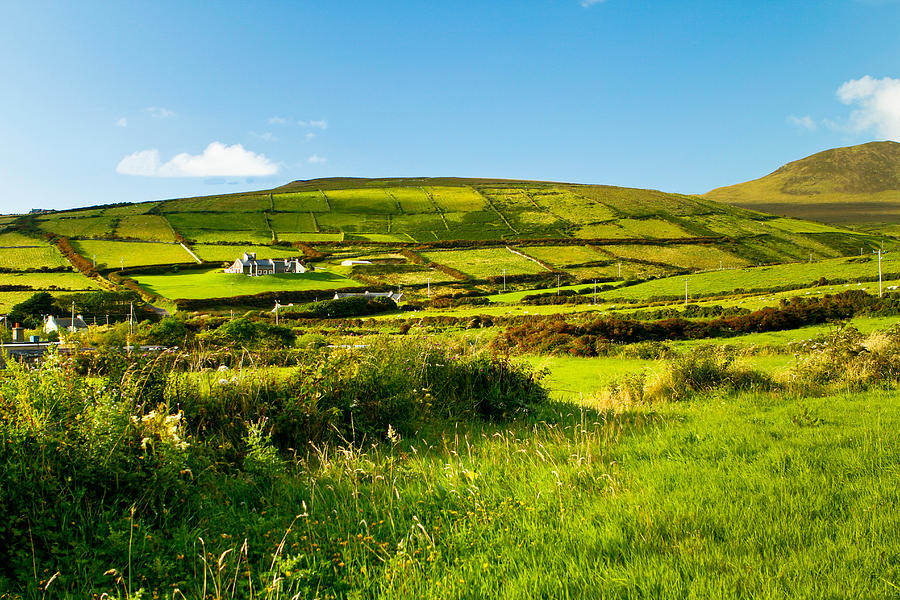The government’s plan to significantly reduce Ireland’s emissions by 2030 as part of its climate action plan, will be brought before the cabinet for approval today (Thursday, November 4).
Ireland has set a target of reducing emissions by 51% by 2030 and the government has set out targets for each individual sector in order to fulfill this commitment.
It’s understood the emissions reduction target for the agricultural sector is between 21% and 30%.
Other sectors which will be set even higher targets are energy (62%-82%), and business (29%-41%).
The government is expected to lead by example by introducing electric vehicles into public transport fleets as the transport sector will be expected to reduce emissions by up to 51%.
Carbon budgets in climate plan
Last month, the Climate Change Advisory Council (CCAC) presented its recommendations to reduce carbon emissions to the environment minister, Eamon Ryan.
The CCAC programme is broken down into three five-year carbon budgets. The first covers the period 2021 to 2025; the second covers the period 2026 to 2030; and the third, which is provisional, covers the period 2031 to 2035.
The 51% planned cut in emissions to 2030 will be relative to emissions levels in 2018.
Earlier this week Taoiseach Micheál Martin confirmed Ireland will be joining the international agreement to slash methane emissions, which began as an agreement between the US and EU and which other global economies are expected to join.
At the end of September, the US and EU made a joint pledge to reduce “human-caused” methane emissions by at least 30% by 2030 compared with 2020 levels.
National herd cull?
Taoiseach Micheál Martin and Minister for Agriculture, Food and the Marine, Charlie McConalogue, have consistently stopped short of calling for a cull of the national herd in order for agriculture to meet its emissions reduction target.
However many farm organisations argue that it seems inevitable that a cull would be necessary, claiming that the kind of reductions being sought by government cannot be achieved without such a move.
However, the Taoiseach has said that farming “will have to change” to meet climate and environmental targets.
Speaking on RTÉ Radio 1 this week (November 2) while attending COP26 in Glasgow, Scotland, the Taoiseach said that changes will have to be made in several sectors, including agriculture, arguing: “We have no choice here; climate change will catch up with us. It will catch up with our farming and our agriculture if we don’t take action.
“We now have an opportunity, working with the sector and working with farmers, to make sure we can have a sustainable future in terms of food production and we can have a sustainable solution for young farmers,” he added.
In the past few days, the Irish Cattle and Sheep Farmers’ Association (ICSA) has urged the Taoiseach to approve €500 million in funding for a Beef Carbon Efficiency Scheme that the farm association has proposed.
Under the ICSA plan, farmers would get a payment of up to €100/head for prime beef finished earlier.
The payment will consist of two elements – €40 for weighing stores, and up to €60 for getting heifers, steers or young bulls slaughtered early.
The targets would be 22-26 months for heifers, 24-28 months for steers, and 16-22 months for bulls. The earlier the slaughter, the higher the payment.
IFA protest
While the plan for climate action is expected to be announced by the government around 4:00 this afternoon (Thursday, November 4), moves are already underway for farmers to take to the streets in protest.
The Irish Farmers’ Association (IFA) is planning a major protest in Dublin city on Sunday, November 21 to “highlight the importance of farming to the Irish economy”.
Farmers say they will be sending a “strong message to government that they need to sit down with elected farm leaders to make an agreed plan for the sector”.
